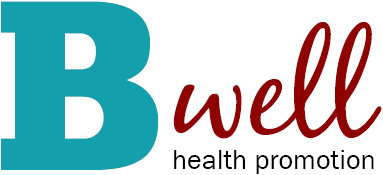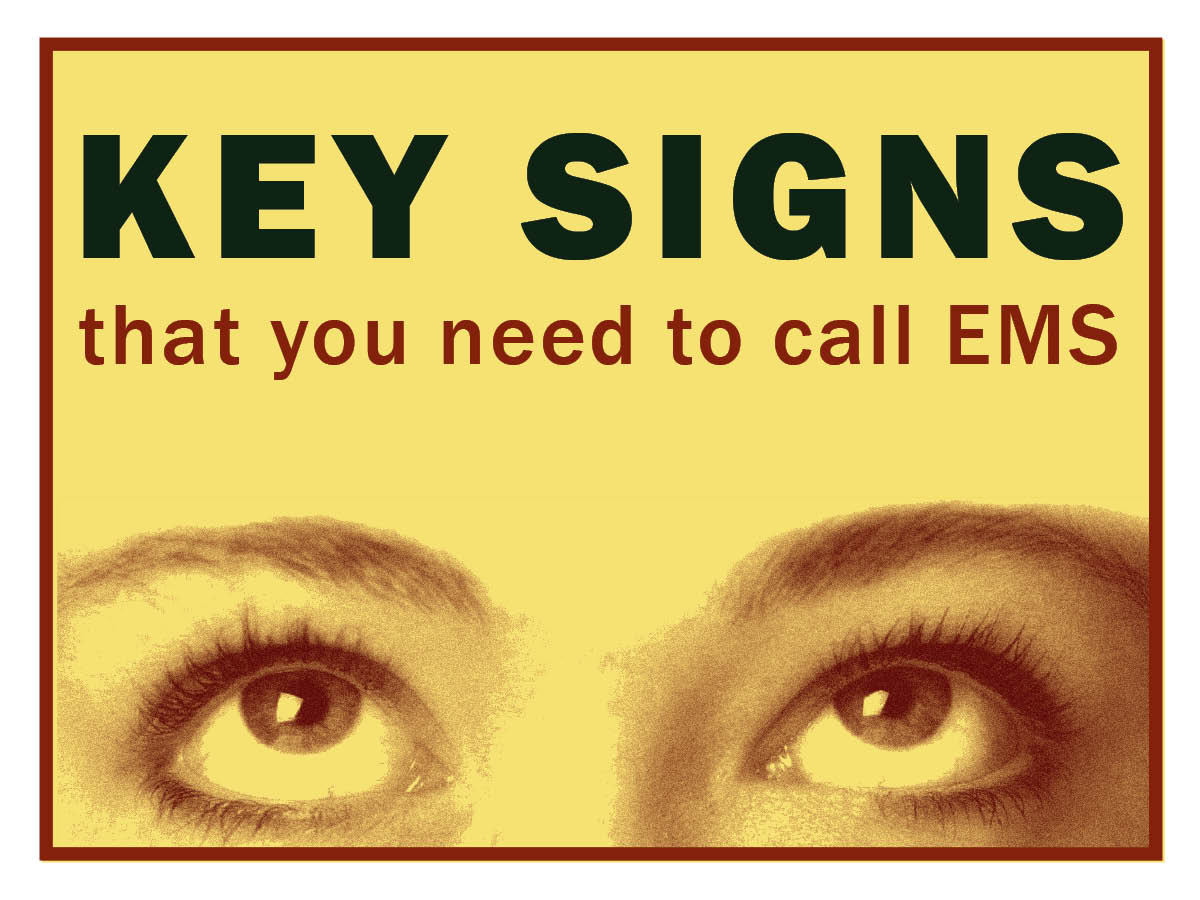Harm reduction is a public health strategy grounded in justice and human rights to decrease the adverse effects of drug and alcohol consumption. It encourages positive change and working with individuals without bias, coercion, or discrimination. While some substance users may not require or want treatment, it is beneficial to be aware of resources that can help them decrease the harm caused by drug use.. Harm reduction may include safer use, managed use, abstinence, meeting people who use drugs “where they’re at,” and addressing conditions of use along with the use itself. Harm reduction approaches have been effective in reducing morbidity and mortality.
Sources: Harm Reduction International, SAMHSA Harm Reduction, HarmReduction.Org







